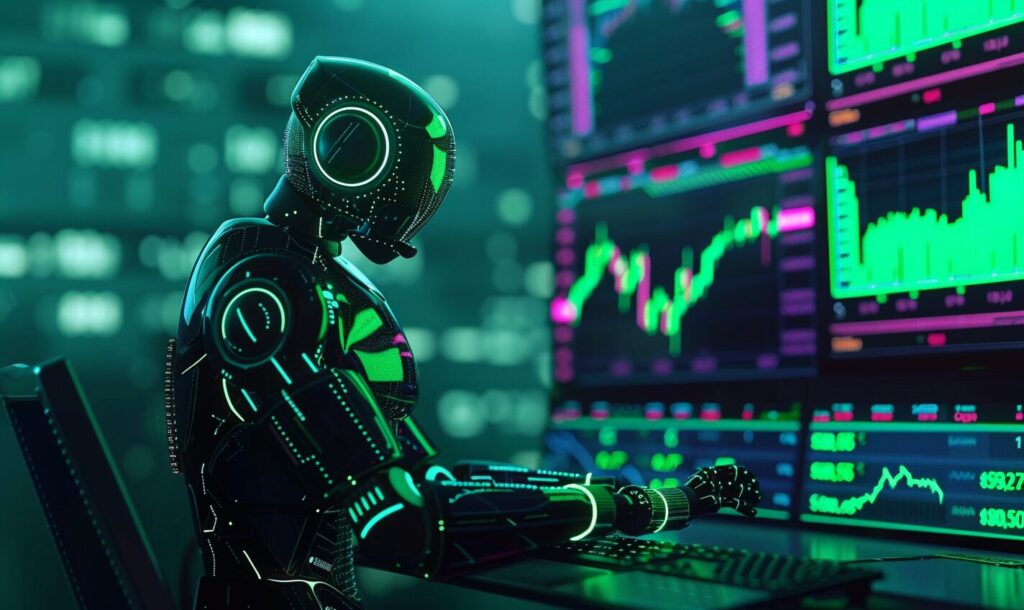People can feel anxious when thinking about artificial intelligence (AI). Movies, books and TV shows created fantastical lore where AI programs come to life and destroy humanity. It’s given AI programs a bad reputation when they’re actually helpful to society.
Check out why artificial intelligence is good for people and how technological progress helps people daily. It may already be part of your daily life without you even knowing.
1. It Boosts Renewable Energy Creation
When green energy technology like solar panels became available for residential construction, it was a costly endeavor for homeowners. The technology wasn’t well understood or affordable to manufacturer, but AI is changing the game.
Artificial intelligence software syncs with solar panels to identify how they can produce more power efficiently. Instead of waiting for sunnier weather, AI programs boost solar electricity production by 20-30% and reduce operating costs by nearly 50%. It monitors the ongoing efficiency of each panel and makes adjustments as needed so homeowners pay less for the same electric
2. It Identifies New Drug Treatments
AI programs began so long ago that scientists know how to use them while creating new drug treatments. In 1950, Alan Turing invented the first AI program to study how closely computers could replicate human behavior. Now scientists use modern AI software to model human cell and immune activity.
Medical researchers implement artificial intelligence to identify specific molecules within data dumps to predict how molecular groups could help patients recover from viruses or bacteria. It speeds up the research needed to make life-changing medications and improve the quality of life for people with specific diagnoses.
3. It Helps People Report Sexual Harassment
It’s challenging for people to report sexual harassment in any environment. They may feel embarrassed to talk about it with their supervisor, get harassed by their manager or fear judgment if they come forward. AI programs remove those uncomfortable feelings by empowering survivors.
Workplaces have implemented AI to monitor internal communications and emails to detect sexual harassment phrases automatically. Human Resources (HR) representatives receive notifications if the AI notices harassment so victims don’t need to stress about reporting the interaction directly.
4. It Assists People With Disabilities
AI production companies are changing the world in numerous ways. Some improve sustainability or increase workplace productivity and safety, while others directly help people with disabilities. There have also been recent advancements with speech recognition.
Apps primarily using AI can translate conversations into text in real-time while color coding each person’s comments. They can also learn unique speech patterns affected by conditions like cerebral palsy or recent strokes to make conversing easier for people with disabilities.
5. It Recognizes Potentially Dangerous Weather Patterns
Climate change intensifies weather patterns and makes natural disasters more frequent, which won’t change until the climate experiences significant cooling. Until then, AI can recognize those destructive weather patterns long before they affect people.
Instead of waiting until they hear last-minute evacuation warnings before hurricanes, wildfires or tsunamis, people can watch AI software generate widespread and local weather forecasts with extreme accuracy. Predictions can happen up to a week or more in advance, giving everyone enough time to make the best safety decisions for themselves and their loved ones.
Learn Why Artificial Intelligence Is Good
AI is already essential to everyday life because it serves many good purposes. It helps people understand how climate change could affect their life, communicate with each other and even stay safe in the workplace. As time passes, people will have very little to worry about because AI will be a commonplace feature of society.
Recent Stories
Follow Us On
Get the latest tech stories and news in seconds!
Sign up for our newsletter below to receive updates about technology trends














